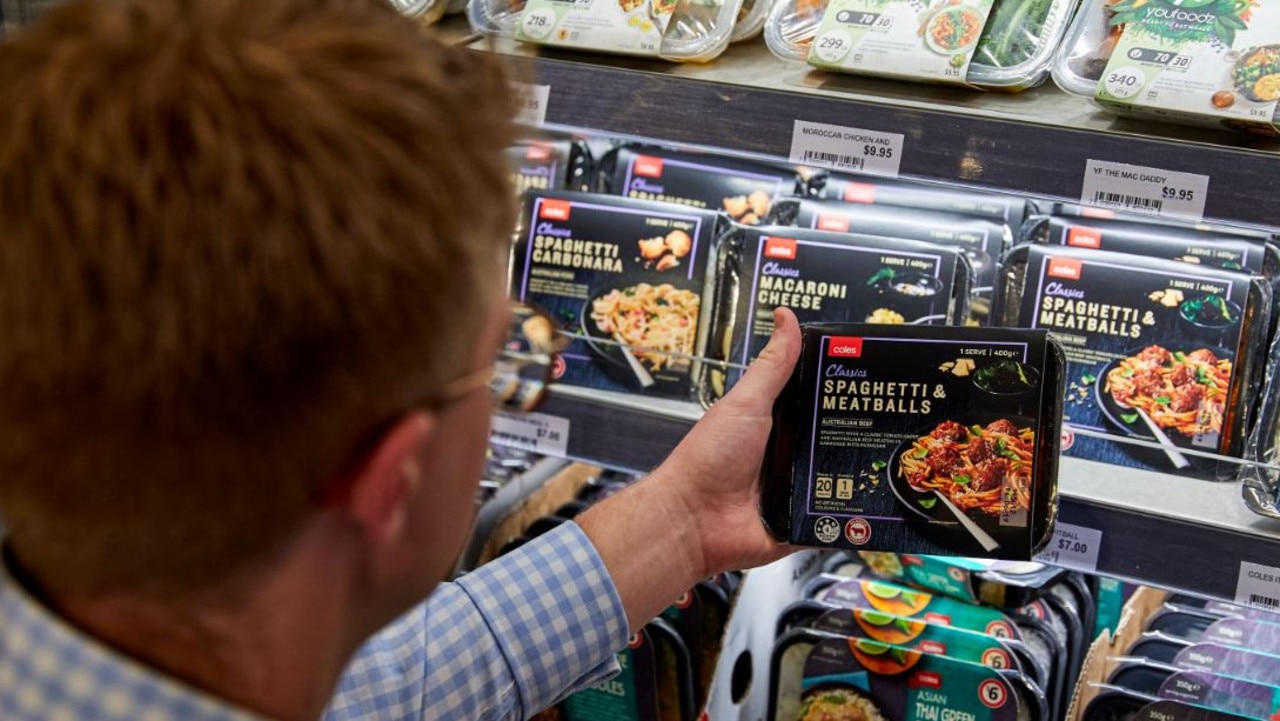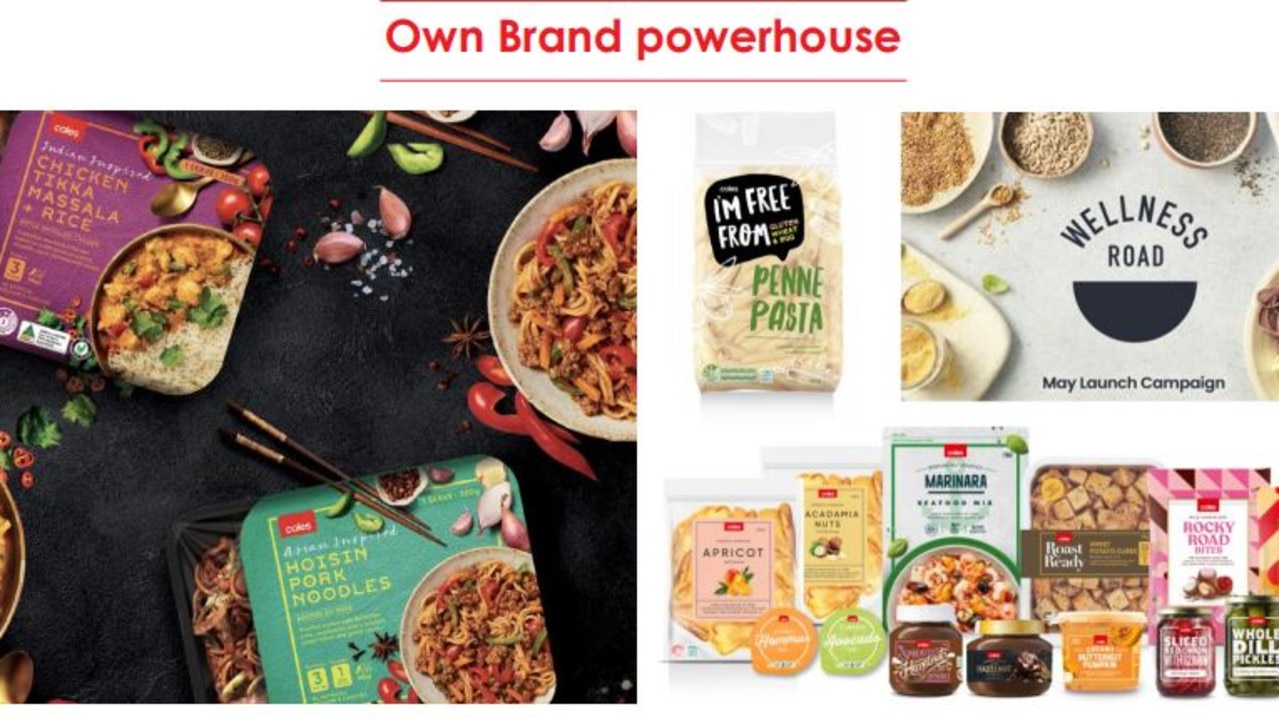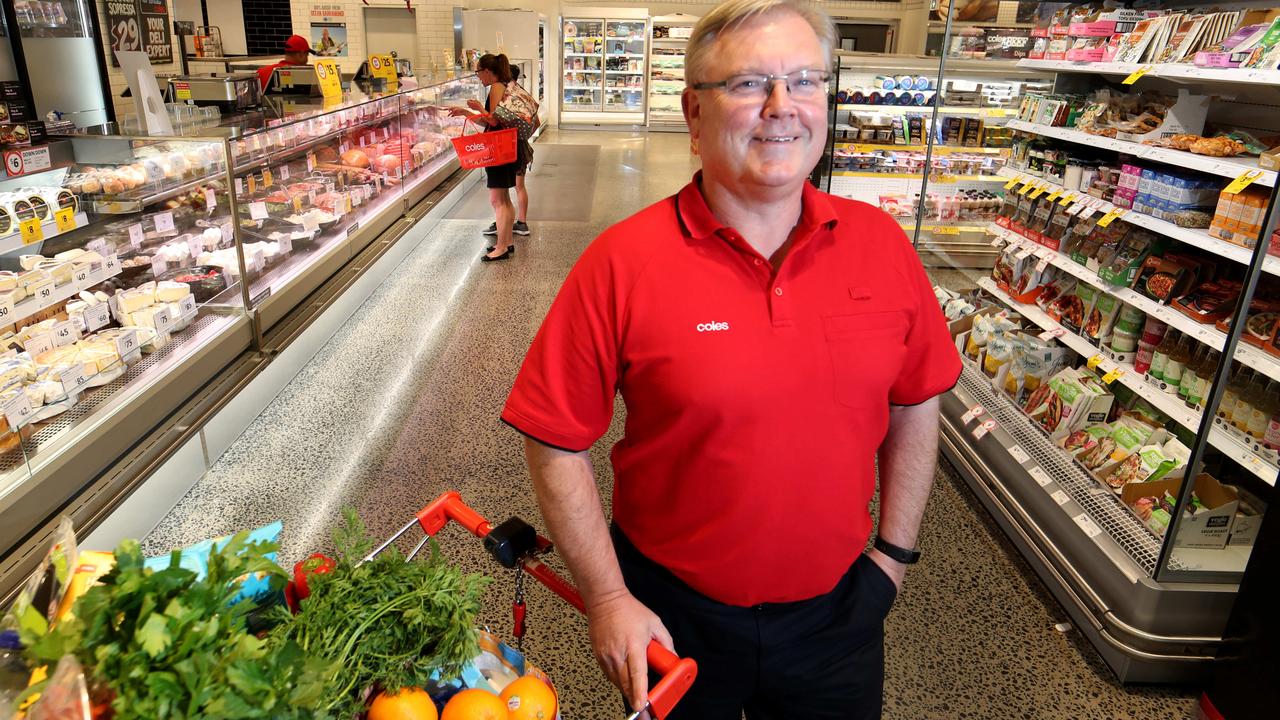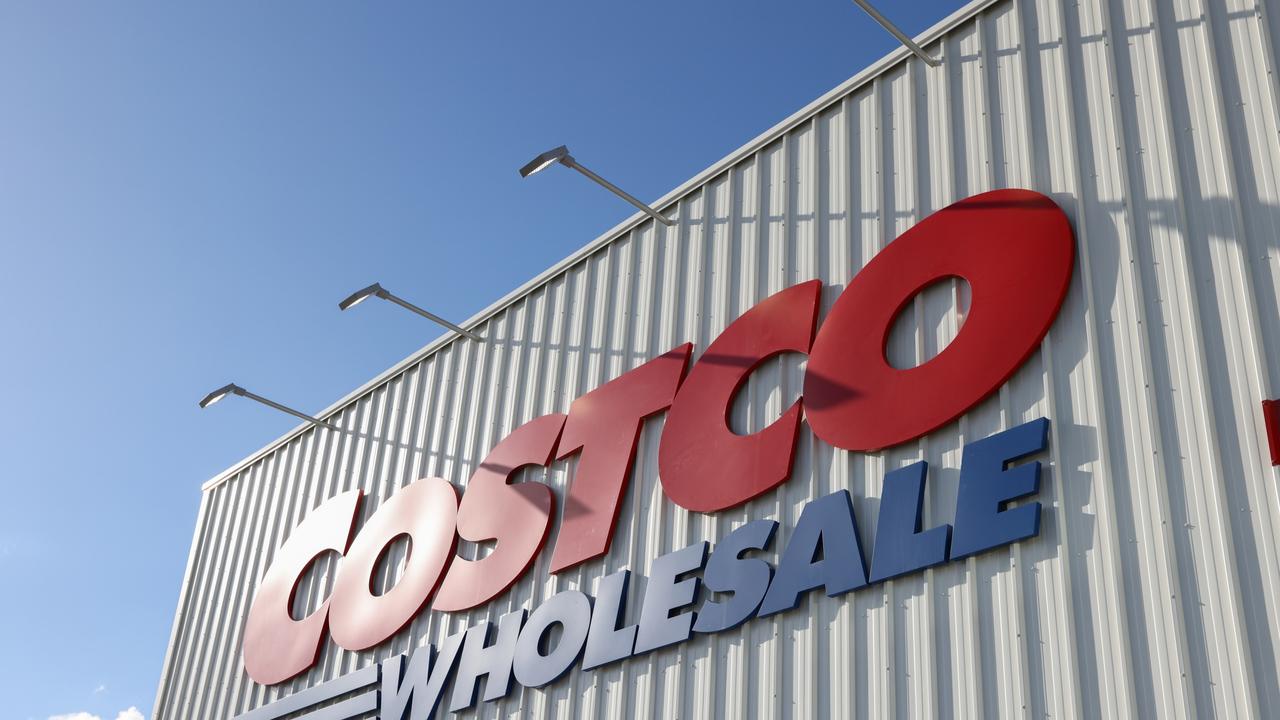Supermarket giant aims to reduce costs by $1 billion by 2022/23
Shoppers at the supermarket giant should expect to see a change to its own brand offering as it sets out to make huge savings in the coming years.

Coles wants to ramp up its home brand offering to lower the cost of groceries for consumers as it prepares to tackle a period of heightened competition with the looming inclusions of German chains Lidl and Kaufland.
Investing in technology and automation will save Coles $1 billion over the next four years, combined with cutting about 450 staff in office roles.
The supermarket giant set the cost cutting target and revealed a new corporate strategy based on automation and targeted use of floor space for its first investor day since listing on the ASX in November.
RELATED: Coles unveils new health food range
RELATED: Coles fast tracks convenience strategy
RELATED: Woolworths and Coles to focus on everyday lower prices
Last month, the company announced it was branching out into the booming health foods industry with a new own brand offering of 28 products aimed at clean-eating consumers. This line of products would be expanded further, a Coles spokesman told news.com.au.
He also said the pre-prepared meals sold as “food for now” would also be increased.


Coles’ health-focused Wellness Road line, which includes organic black rice noodles with chia and Australian almond flour, are healthier than the regular grocery products containing no artificial colours and flavours and less saturated fats.
Its convenience strategy plan will include refurbishing 100 supermarkets in the next six months to allow it to stock classic cafe-style meals such as the Australian favourite avocado with mini toast.
Both strategies are aimed at increasing value as the rising cost-of-living pressures weigh on Australian families.
But Coles and its fierce rival Woolworths last month committed to featuring fewer one-off special discounts on grocery items, where prices are drastically cut for a short period, with both signalling they want to focus on their everyday lower pricing strategy.
The two supermarkets want to gain “price trust” from their consumers by removing short term specials, instead focusing on more permanent lower prices.

COMPETITION TOUGHEST IT’S EVER BEEN
Speaking on Tuesday, Coles chief executive Steven Cain said the prospect of increasing competition meant Coles was facing the toughest five years in its history.
He said maintaining market share would be an achievement in itself as discounters such as Aldi and Costco continue to grow in Australia, new players arrive, and online grocery sales outstrip bricks and mortar.
“The outlook for traditional bricks and mortar supermarkets is sales densities could decline in the medium term if action isn’t taken,” Mr Cain said.
Coles announced the staff reduction on Friday and Mr Cain said on Tuesday he expected “further reductions in manual operations” throughout stores and supply chain, while the company would not hesitate to close unprofitable stores.
The supermarket chain also cited the use of data analytics and artificial intelligence to help it reach its savings goal, along with “optimising” its store network by tailoring up to 40 per cent of floor space to meet specific local customer requirements.
“What we’ve seen in Australia … new (store) space is outstripping population growth,” Mr Cain said.
“We will be very targeted.”
Mr Cain said the strategy did not factor in anticipated savings from its impending home delivery partnership with UK online supermarket Ocado, or the transition to two new automated ambient distribution centres — both of which he said would come online in FY23.
“When they kick in we’ll see another level of cost reduction,” Mr Cain said.
Coles also flagged opportunities in building on double-digit growth in its $400 million meat export segment, as well as harnessing the joint venture Flybuys initiative with former parent company Wesfarmers.
Mr Cain said Coles would continue its trial with UberEats and was also looking at a meal kit partnership similar to the deal struck between Woolworths and Marley Spoon earlier this month.
In a trading update on Tuesday, Coles said comparable sales growth for the fourth quarter was expected to be between 1.8 and 2.1 per cent, adjusted for the impact of New Year’s Eve.
That is in the forecast upper half of the range between the second quarter’s 1.5 and the third quarter’s 2.1 per cent.
— with AAP
Continue the conversation on Twitter @James_P_Hall or james.hall1@news.com.au



